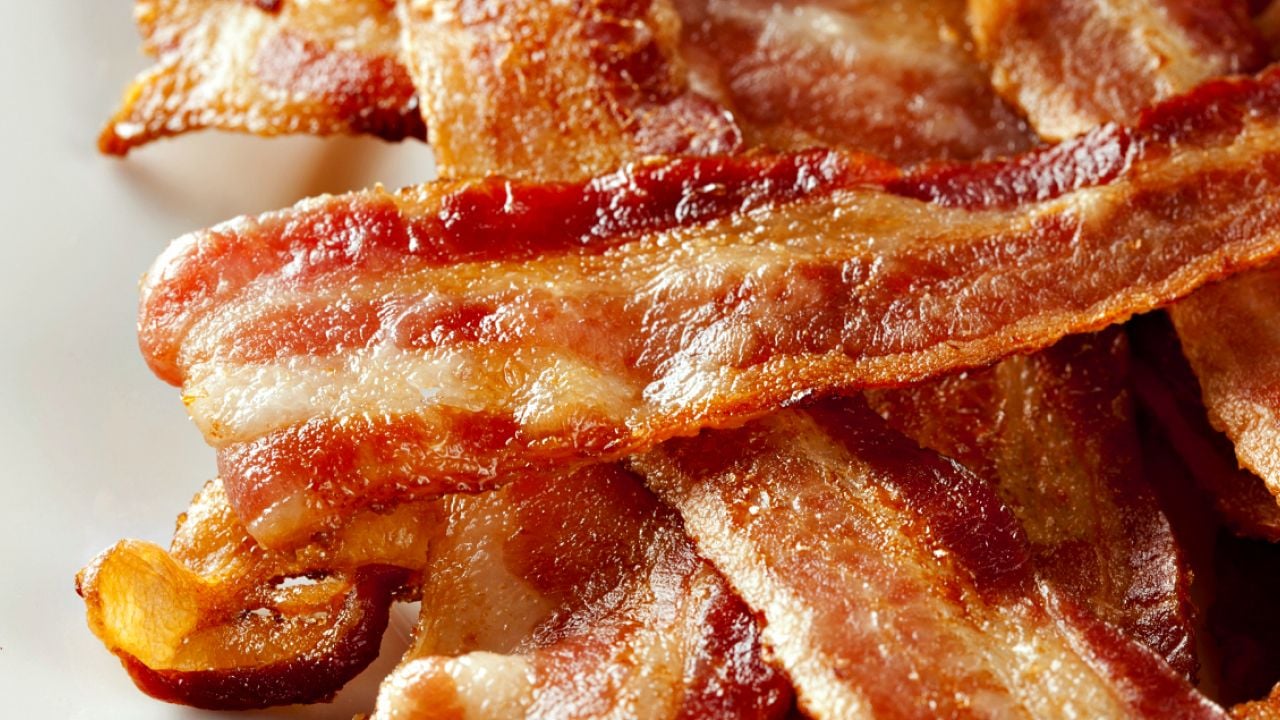
The finding of the International Agency for Research on Cancer , or IARC, that processed meats like bacon, ham and sausage definitely cause colon cancer, and that red meat probably does, provoked conflicting – and likely confusing – reactions on its announcement yesterday.
Told you so, cried vegetarians. Ridiculous, replied the meat industry – IARC says the same thing about sunlight (a response put out before IARC had even made its formal announcement). Meanwhile, many consumers probably threw up their hands in frustration: Doesn’t everything give you cancer?
No, not everything. But although the full study has not yet been released, IARC’s press release said its findings were definitive: a panel of 22 experts considered more than 800 studies, conducted over the past 20 years, of associations between more than a dozen types of cancer and eating meat.
It’s important, however, to look closely at what the IARC said:
-
Processed meats were classified as “Group 1” carcinogens, IARC’s highest warning level, based on “sufficient evidence in humans that the consumption of processed meat causes colorectal cancer.”
-
Red meat was classified as a “Group 2A” probable carcinogen, based on “limited evidence that the consumption of red meat causes cancer in humans and strong mechanistic evidence of a carcinogenic effect. This association was observed mainly for colorectal cancer, but associations were also seen for pancreatic cancer and prostate cancer.”
- The scientists concluded that each 50-gram (1.8-ounce) portion of processed meat eaten daily over the course of a lifetime increases the risk of colorectal cancer by 18 percent.
That’s more than five slices of bacon, and IARC said you’d have to eat that much every day for your whole life – a qualification lost in some of the headlines and news coverage. The green-leaning London daily The Guardian said in an editorial:
Strong evidence of a weak effect is too easily read as strong evidence of a large effect, and stories are written to make this exciting confusion easier to fall into. Conversely, if the effect is small, we tend to suppose that the evidence for it must be weak, too. That inference is just as wrong.
So what’s the bottom line? The risk of developing cancer from processed or red meats is low compared to other known carcinogens like tobacco and asbestos. But make no mistake: this study is one more compelling reason that if you can’t cut out meat altogether, it’s best for your health to strictly limit how much you eat. And for the health of the planet: If every American switched from beef to chicken, it could reduce greenhouse gas emissions as much as taking 26 million cars off the road.
Given these facts, EWG strongly encourages everyone to reduce the amount of processed and red meats in your diet. EWG’s Food Scores database, which rates more than 80,000 food products on nutrition, ingredients and processing, can be used to find healthier meats like fish and chicken altogether. Or at the very least, among processed and red meats, you can use it to select the better scoring ones.
By the way, as EWG’s Guide to Sunscreens has been saying for years, exposure to the sun’s ultraviolet rays does increase the risk of skin cancer. But the meat industry’s snarky response to the IARC study ignored that inconvenient fact – just as it did the study’s actual findings.



